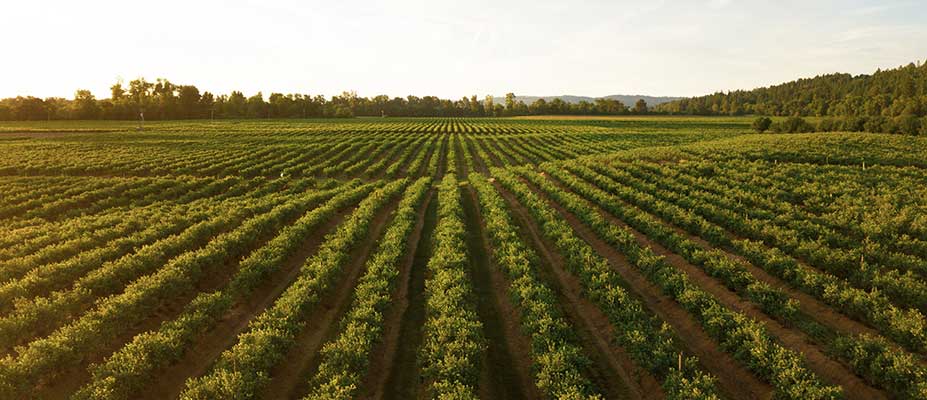

Developing new methods to help farmers make decisions on lime use and lime requirement
PhD Candidate: Rekha Attanayake
Supervisors: Assoc Prof Peter Dahlhaus, Dr Nathan Robinson and Lisa Miller
Research overview
Soil acidity is recognised as one of the major soil constrains to increased agricultural productivity in Australia.
Lime is a key amendment to address the decline in soil pH. Lime is an expensive input for mixed and cropping farming systems and its quality can be highly variable. Farmers need to be able to make informed decisions about the quality and cost-effectiveness of the lime they purchase. There is also a need for the lime and fertiliser industries to have a reliable methodology to accurately compare different lime types. This project will explore and develop novel approaches to advance understanding of lime type, quality, variability and spreadability on performance for agricultural purposes under current farming systems and practices. The outcomes of this project will be used to co-develop an online tool for comparison of lime applications, taking into account the lime quality, availability, crop or pasture response, and economics.
This project sits within a broader project: Building the resilience and profitability of cropping and grazing farmers in the high rainfall zone of Southern Australia, funded by the Australian Government's National Landcare Program Phase Two. This project will improve soil condition and the ability of farmers who manage crop and grazing lands in the high rainfall zone of Southern Australia (Victoria, Tasmania and South Australia) to use big data to make more robust farm decisions. Soils will be enhanced by reducing top and subsoil acidity in a practical and cost effective manner, with efficiencies gained by further developing and adopting emerging technologies to be more precise in where and how often lime is applied and at what rate (precision, variable rate). Farm businesses will become more resilient by further building decision making skills and tactical decisions.
